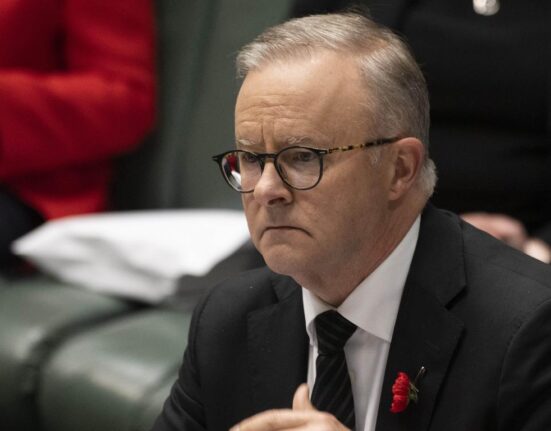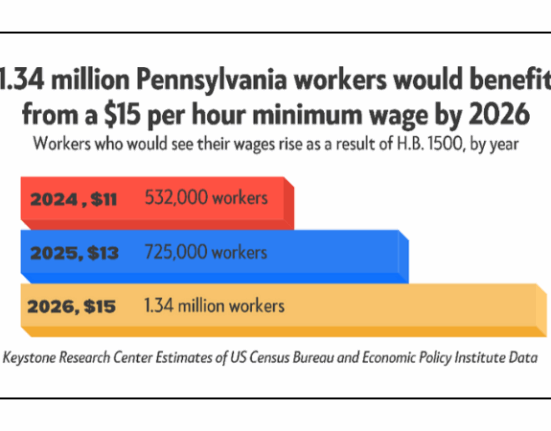Jamie Dimon, the CEO of JPMorgan Chase, recently sounded a cautionary alarm about the state of the US bond market. He expressed concerns that a significant crack in the market is inevitable due to excessive spending and quantitative easing by the US government and Federal Reserve.
In his remarks at the Reagan National Economic Forum, Dimon highlighted that the current trajectory of debt accumulation and market liquidity could lead to a crisis. He emphasized,
“I just don’t know if it’s going to be a crisis in six months or six years.”
This uncertainty underscores the severity of the situation and urges for proactive measures to address these financial vulnerabilities.
The warning from Jamie Dimon serves as a wake-up call for policymakers, investors, and market participants. It sheds light on the potential risks lurking within the bond market and emphasizes the need for prudent economic management to prevent future crises. His statement reflects broader concerns about unsustainable fiscal policies and their implications for financial stability.
Dimon’s observation also raises questions about the resilience of market mechanisms under increasing debt burdens. He mentioned,
“I’m hoping that we change both the trajectory of debt and the ability of market makers to make markets.”
This acknowledgment highlights an essential aspect of maintaining market efficiency amidst evolving economic conditions.
The impact of a potential crack in the US bond market extends beyond financial sectors; it can reverberate throughout global markets. Understanding and addressing these underlying issues are crucial to mitigating systemic risks and safeguarding against adverse consequences.
Experts emphasize that preemptive actions are necessary to fortify financial systems against vulnerabilities that could trigger disruptions.
As institutions navigate uncertain economic waters, insights from industry leaders like Jamie Dimon provide valuable perspectives on emerging challenges. His remarks underscore not only immediate concerns but also long-term implications for economic resilience and sustainability. By fostering dialogue and awareness around these issues, stakeholders can work towards building more robust frameworks for navigating complex financial landscapes.
In conclusion, Jamie Dimon’s warning about an impending crack in the US bond market serves as a pivotal reminder of looming financial risks. It underscores the importance of proactive risk management strategies and collaborative efforts to address underlying vulnerabilities effectively. As stakeholders assess these warnings, they must prioritize sustainable practices and prudent decision-making to steer towards stable economic horizons.









Leave feedback about this